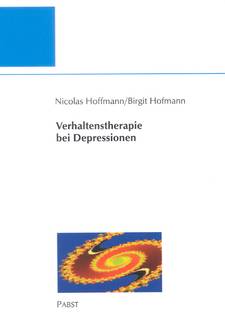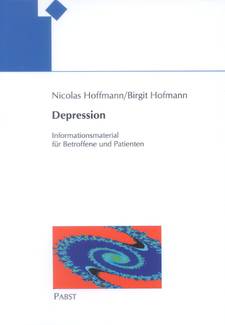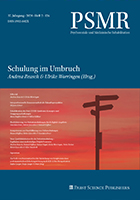Major depressive disorder (MDD) has previously been found to be a risk factor for many different aging-related diseases, including cardiovascular disease, Alzheimer's disease and osteoporosis; it's also been associated with early mortality. So researchers have hypothesized that depression may prompt a biological process inside the body that accelerates aging, according to the study published April 6 in the journal Translational Psychiatry.
"One of the things that's remarkable about depression is that sufferers have unexpectedly higher rates of age-related physical illnesses and early mortality, even after accounting for things like suicide and lifestyle habits," co-senior author Dr. Owen Wolkowitz, a professor of psychiatry at the University of California, San Francisco (UCSF) said in a statement. "That's always been a mystery, and that's what led us to look for signs of aging at the cellular level."
To figure this out, a group of researchers turned to so-called epigenetic clocks, which measure specific chemical changes in a person's DNA to estimate their biological or cellular age. As a person ages, particular atoms in their DNA start to be replaced by methyl groups (one carbon atom bound to three hydrogen atoms), in a natural process known as methylation. These chemical changes alter gene function in cells.
By tracking these chemical changes, scientists can also better understand whether a condition, such as depression, may be tied to accelerating cellular aging.
In the new study, the researchers looked for specific patterns of methylation that have previously been linked to mortality, a measure known as "GrimAge,"using blood samples from 49 people with major depressive disorder who weren't being treated with medication, and from 60 healthy controls of the same age. They controlled for sex, current smoking status and body-mass index. Even though people with major depression did not have physical signs of accelerated aging, they had greater GrimAge compared to their chronological age. In other words, they had accelerated cellular aging by an average of two years compared to healthy controls.
"This is shifting the way we understand depression, from a purely mental or psychiatric disease, limited to processes in the brain, to a whole-body disease," lead author Katerina Protsenko, a medical student at UCSF said in the statement. "This should fundamentally alter the way we approach depression and how we think about it — as a part of overall health."
But it's not yet clear if depression causes changes in methylation in some people, or if depression and methylation are both related to some other underlying factor in the body, according to the statement. For example, it's possible that some people may be predisposed to specific methylation patterns when they're exposed to stressors. What's more, the sample size was "modest," and these findings need to be replicated in a larger and more diverse sample, the authors wrote.
Now, the researchers hope to determine whether treatments or therapy can prevent methylation changes that accelerate cellular aging.
























